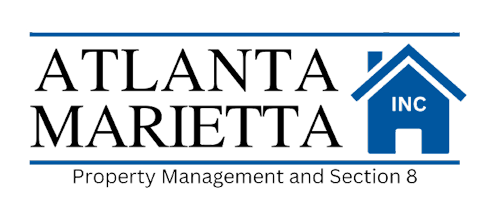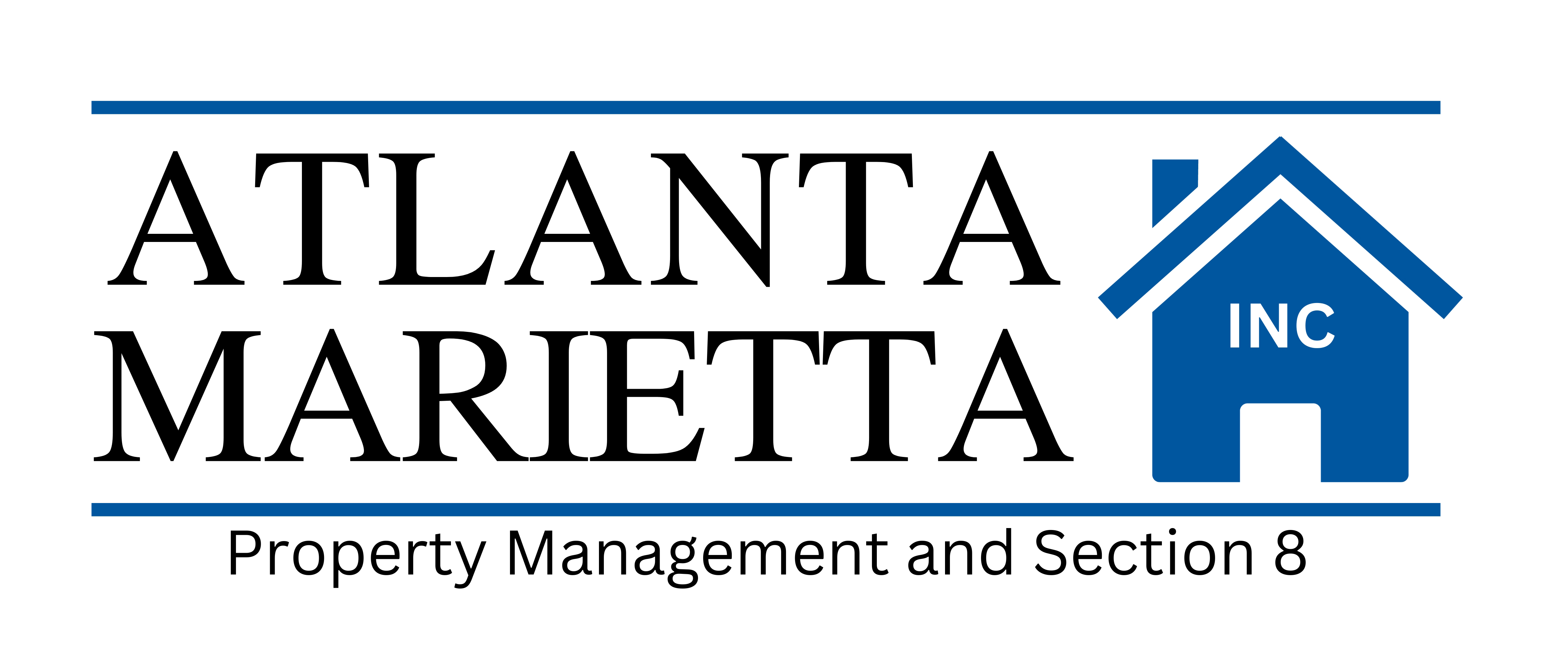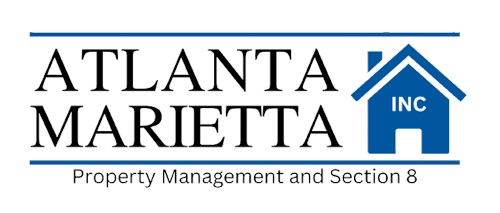
Section 8 has gotten a bad rap but in most recent years the Housing Authorities have worked hard to clean up this program. In the past, you could count on a Section 8 home to be a dilapidated, run-down home with messy tenants in areas you wouldn't dare go near.
Today, I think Section 8 is a wonderful program for landlords with lower end properties, commonly known as Class C properties. Operated by city and county governments, Section 8 has a whole new set of rules that have helped make this program a very attractive rental alternative.
How The Program Works
Here's how it works in general (but does vary from program to program): A tenant must apply and qualify for Section 8 and once accepted, the tenant begins a home search. In some locales, the landlord must attend a class before he can participate in the program. Once the tenant identifies a homes and the landlord is willing to participate, the Housing Authority will inspect the home to ensure it meets program, county, and state codes. Should there be issues, the landlord will have to repair/update before the tenant can move in. Homes that are in the Section 8 program do not remain in the program between tenants. After a tenant moves out, the process starts over again.
The landlord is allowed to treat this tenant as he would any other tenant and require an application to be completed and perform tenant screening (credit, background, rental history, etc). The landlord may reject the tenant based on his normal tenancy requirements and move on to the next tenant. When a tenant is accepted and the home passes inspection, the landlord writes up his lease and manages the home normally. In addition, the Housing Authority will also have their own lease and the Section 8 tenant is required to adhere to both lease terms. Landlords may evict tenants if they fail to adhere to the lease terms and in some cases, the tenant may be expelled from the Housing program.
Inspections
Annually, the Housing Authority requires an inspection of the home and a list of repairs is produced. The inspector will identify repairs that are the responsibility of the tenant and repairs that the landlord must make. If the landlord does not make the repairs within the timeframe given, the home is not renewed for occupancy and the tenant must find a new home. The inspector not only looks at the home repairs but generally requires the tenant to keep the home in good condition and may not live in squalor.
Financially, Section 8 will pay all or some of the monthly rent. Based on the tenant's income, familial situation and a few other criteria, the tenant may be required to make partial rental payments that are due as outlined in the landlord's lease. Non-payment of the tenant's portion can be grounds for eviction. The Housing Authorities' portion will be electronically deposited in the landlord's bank account and will be paid as long as the home passes inspection.
Due to the updated changes made to this program, Section 8 is a wonderful program to consider. Not only is your asset protected and the rent payments come on time, but Section 8 tenants are usually long term tenants.












